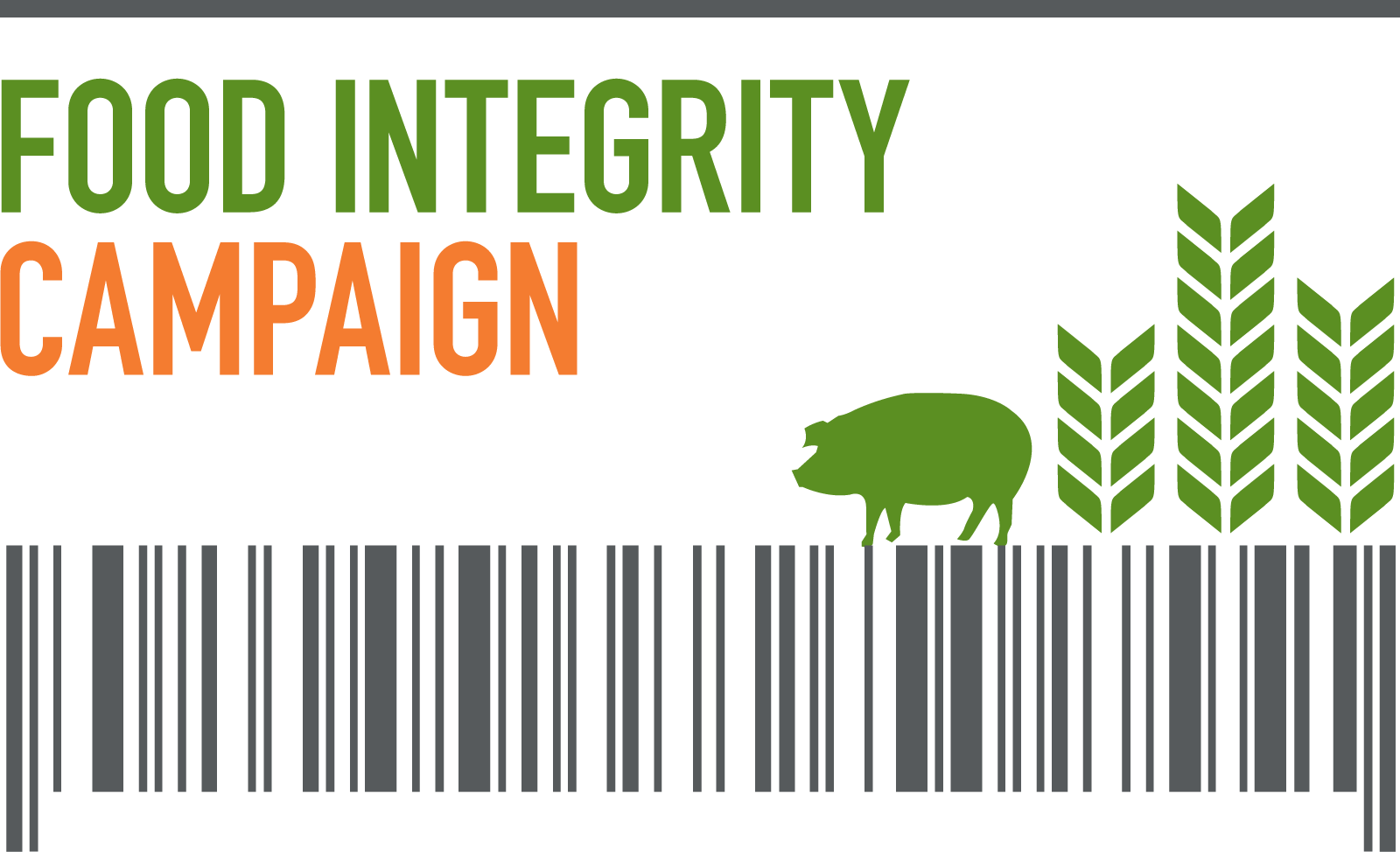Federal agricultural officials believe they can give poultry industry officials more oversight responsibilities, free up government inspectors to focus on detecting food-borne pathogens and thereby increase consumer food safety, prevent 5,200 illnesses annually, save taxpayer money and lower production costs for the industry by allowing it to increase assembly line speeds.
Consumer groups disagree. They say the proposal threatens the health and safety of both our food supply and of poultry workers, who would be forced to work on faster assembly lines. The president of the consumer advocacy group Public Citizen likened it to asking the fox to guard the henhouse.
That’s about as far apart as two views can be.
The results of a pilot program that has operated at 20 plants since 1999 –yes, more than a decade –are equally polarized.
A spokesman for the National Chicken Council –an industry organization –claims that the data collected clearly indicates that poultry produced in the pilot plants has lower rates of salmonella while maintaining superior performance in the removal of visual and quality defects that do not make people sick. This, the spokesman maintains, clearly demonstrates that chicken plants are capable of producing safe products while operating at increased line speeds.
Again, a watchdog group, Food & Water Watch, takes issue with that conclusion.
Food & Water Watch, which obtained inspection documents from the pilot program thanks to the Freedom of Information Act, said 90 percent of noncompliance records were for visible fecal contamination that was missed by poorly trained company employees acting as inspectors.
And affadavits provided in April by federal inspectors who worked at plants participating in the pilot project to the Government Accountability Project, a whistleblower protection and advocacy organization, said the new system hampered their ability to ensure food safety.
So what we have is a variety of groups, all with a vested interest of one sort or another, making radically different claims.
A company employee acting as inspector might be afraid to stir up too much trouble. Federal inspectors have a vested interest in staying employed (nearly 1,000 inspectors are expected to lose their jobs if the new rule takes effect). The U.S. Department of Agriculture is under pressure now to reduce costs and increase efficiency. Of course poultry companies believe they can produce safe products at faster line speeds with fewer federal inspectors. And consumer groups like Public Citizen or Food & Water Watch exist to root out problems.
So who to believe? Each faction spins the data and information to support its own position.
Still, relying on self-policing or inspectors-for-hire can be risky. Look at what has happened on Wall Street in recent years –cover-ups, kickbacks, corruption and greed are incredibly destructive forces.
It boils down to this: How much are we willing to pay to maintain confidence that our food supply is as safe as it can be?
